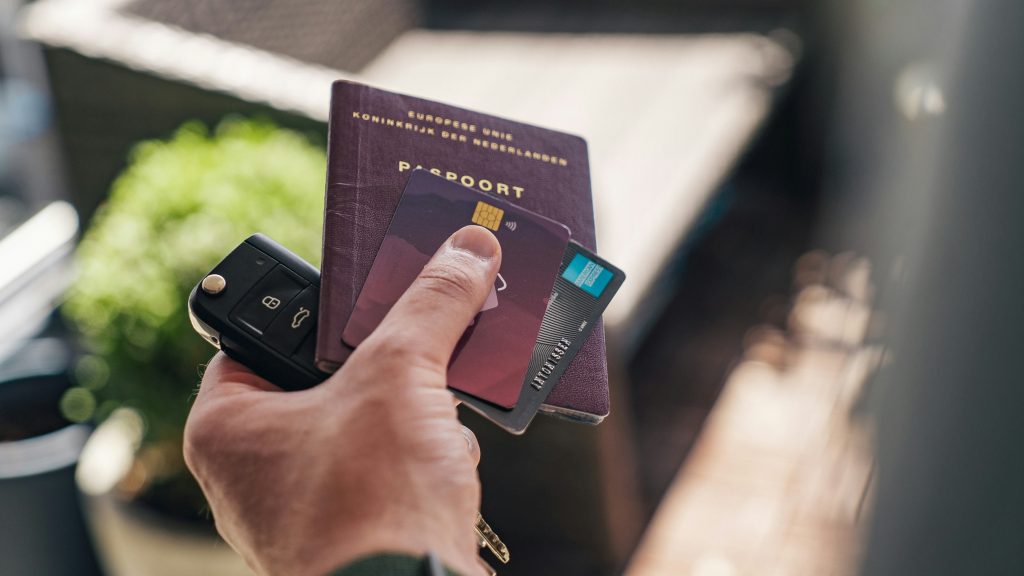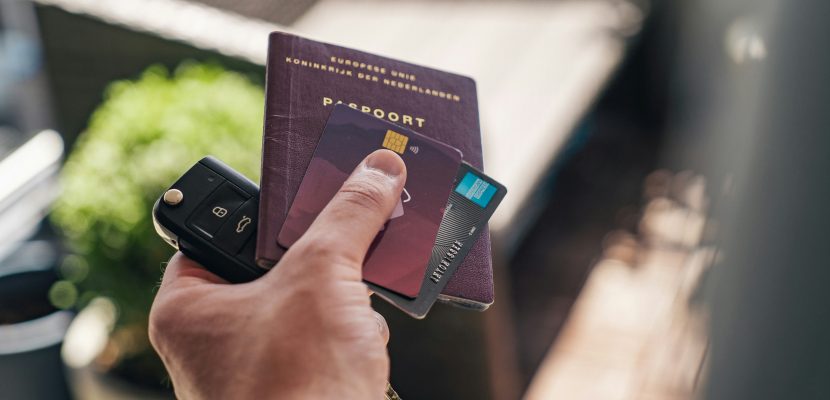Obtaining Residency in the Netherlands: A Gateway to Life in the Lowlands
For many, the Netherlands represents a blend of vibrant urban life, picturesque canals, and a society that values balance, innovation, and inclusivity. Living in this dynamic country often begins with navigating its residency options—a process that can feel daunting at first but ultimately opens the door to countless opportunities.
Residency in the Netherlands is generally tied to a specific purpose, whether it’s work, study, entrepreneurship, or family life. For those seeking professional opportunities, the country offers several pathways. Highly skilled migrants, for example, can obtain residency through sponsorship by recognized Dutch employers. This route not only provides a stable legal status but also positions newcomers within one of Europe’s most innovative and international labor markets. Entrepreneurs and self-employed professionals may also find a welcoming environment, particularly through startup visas and self-employment permits, designed to encourage innovation and economic contribution.
Students and recent graduates represent another group with clear avenues for residency. Enrolling in a recognized Dutch university grants a student residence permit, allowing international learners to immerse themselves in the country’s academic and cultural life. After graduation, the Orientation Year visa offers graduates up to twelve months to seek employment or start a business, bridging education and professional life while providing valuable time to settle into the Dutch society.
When you search for hotels to experience the Netherlands, you need to first check our online map and check out the area you want to go.
Family connections offer yet another pathway. Spouses, registered partners, and dependent children of Dutch citizens or residents can obtain family reunification permits, allowing families to live together in the Netherlands. This ensures that residency is not only a matter of work or study but also of personal and familial bonds.
While the process of obtaining residency requires careful planning, documentation, and sometimes patience, the rewards are significant. Residents gain access to high-quality healthcare, social benefits, and the right to work, study, and integrate fully into Dutch society. Over time, temporary permits may lead to permanent residency and, eventually, the opportunity to become a Dutch citizen, solidifying one’s place in the Netherlands for the long term.
Ultimately, securing residency in the Netherlands is more than a bureaucratic step—it is an entryway to experiencing a country celebrated for its openness, cultural richness, and quality of life. Whether through work, study, or family, gaining the right to reside here allows newcomers to fully embrace all that this unique nation has to offer.

There are several visa and residence options for moving to the Netherlands, depending on your nationality, purpose of stay, and length of stay. Here’s a structured overview:
1. Short-Stay Visa (Schengen Visa / Type C)
- Purpose: Tourism, short business trips, family visits.
- Duration: Up to 90 days within a 180-day period.
- Eligibility: Citizens of countries outside the EU/EEA who need a visa to enter the Schengen Area.
- Notes: Cannot work on this visa.
2. Long-Stay Visa (MVV / Type D)
- Purpose: Stay longer than 90 days for work, study, or family reunification.
- Duration: Typically 6 months for the visa application process; residence permit required afterward.
- Eligibility: Non-EU/EEA nationals who plan to live in the Netherlands for more than 90 days.
- Notes: Often paired with a residence permit.
3. Residence Permits
Residence permits in the Netherlands depend on your purpose:
a) Work
- Highly Skilled Migrant: For highly educated specialists sponsored by Dutch employers.
- Regular Employment: If an employer sponsors you, and labor conditions are met.
- Intra-Company Transfer: For employees moving within a company from abroad to the Dutch office.
- Startup Visa: For entrepreneurs starting an innovative business in the Netherlands.
- Self-Employment / Freelancer Visa: For entrepreneurs with a viable business plan contributing to the Dutch economy.
b) Study
- Student Visa: For attending a recognized Dutch university or higher education institution.
- Orientation Year Visa (Zoekjaar): After graduation from a Dutch university or top 200 global universities, allowing you to search for work for up to 12 months.
c) Family & Partner
- Family Reunification: For spouses, registered partners, or children of Dutch residents or citizens.
- Partner or Marriage Visa: For non-EU partners of Dutch citizens or residents.
d) Other Options
- Au Pair Visa: For young people (18–30) coming to the Netherlands to work as an au pair.
- Asylum / Refugee Status: For those fleeing persecution.
4. Permanent Residency & Citizenship
- After 5 years of continuous legal residence in the Netherlands, you may apply for permanent residence.
- After meeting certain conditions, you may also apply for Dutch citizenship (naturalization).



